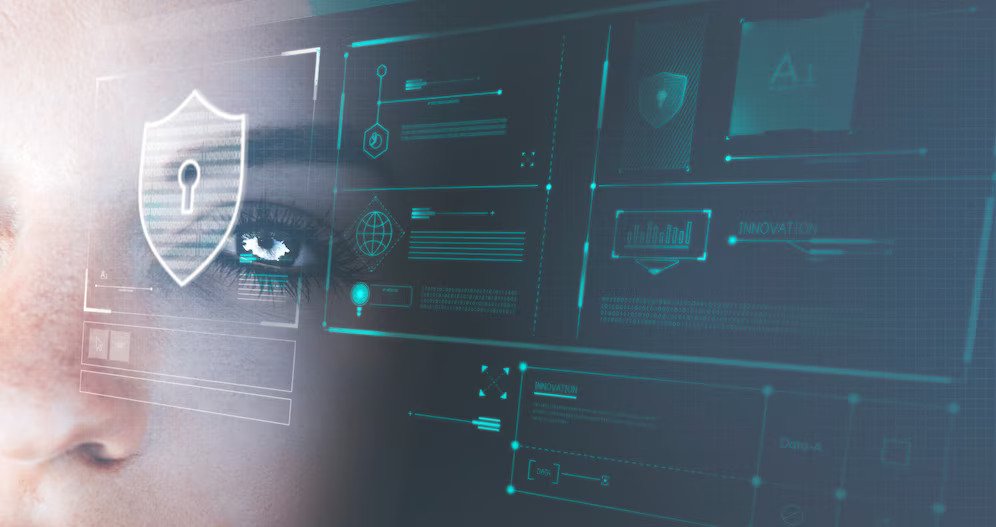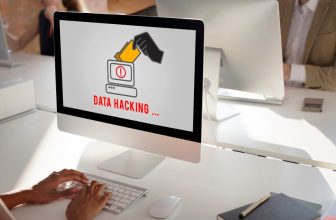
Ever since the exponential increase in society’s digital footprint, and our inability to keep up in terms of privacy infrastructure and cybersecurity, many users have become and remain very wary of sharing sensitive information online.
Over 80% fear that the associated risks far outweigh the benefits. In this article, we will discuss what data privacy is, its importance, and what you can do to protect your data privacy.
What is data privacy?
Data privacy falls under the umbrella of data protection, which is the process by which sensitive information is protected from loss, damage, or corruption.
In the digital age, however, data privacy also applies to critical personal information – personal health information (PHI) and personally identifiable information (PII).
This includes medical and health records, social security numbers, credit cards, and bank account numbers, as well as some basic but equally sensitive information, such as birthdates, full names, and addresses.
Data privacy assists in guaranteeing that only approved parties have access to sensitive information. It keeps criminals from maliciously using the data and ensures that organizations adhere to regulatory requirements.
Why is data privacy important?
Society has always considered data privacy important. It is why many people lock their filing cabinets and store their valuables in safe deposit boxes at banks. But as digitization continues, more and more information is being shared online, making data privacy all the more important.
Companies have in their possession the personal information of countless customers – data that must be kept private in order to protect the customers’ identities so that the companies’ reputations also remain untarnished. In 2022, data compromises affected over 422 million individuals, so believe it or not, data privacy is just as important to individuals as it is to companies.
There’s a lot at stake for individuals so the more you know about data privacy, the more capable you will be at protecting yourself from the abundance of risks.
So how do you protect your data privacy?
We have provided below a few tips to help you protect your information and maintain security against people trying to access it with malicious intent.
1. Read the terms and conditions
Digital industry giants, like Google, Amazon, Facebook, and Apple, know a great deal about you – and not just your address or date of birth, but a lot more. These companies have, over the years, developed algorithms for understanding behaviors online.
For example, if you are signed in to Facebook and are internet browsing, information such as your interests, preferences, time spent online, and search histories are being collected by Facebook to facilitate their target advertising activities, among other things. That is why reading the privacy policy before you register for any website is so important.
2. Create secure passwords
Passwords are required for almost everything on the internet, from email checking to online banking. GCFGlobal suggests that even though it is easier to use simple, memorable passwords, it is not recommended because it poses a serious risk to your security online. Creating strong passwords is key to protecting your digital self. You need to create a password that you can easily remember but that is hard for anyone else to guess.
You should never use personal details, like your name or date of birth, because they can easily be retrieved, making it easier for anyone to guess your password. Using a password of six characters or more is best – the longer, the better. Try to incorporate upper and lowercase letters, numbers, and symbols. Never use the same password for multiple accounts because once discovered, all other accounts will become vulnerable.
3. Keep your software updated
While updating your devices’ software is known to increase their speed and improve their features, it also performs a more important role, namely strengthening your system by overcoming the security weaknesses of the older software versions. So, although at times we are unwilling to put in the work, we should recognize the importance of taking a few minutes to update our software.
4. Use antivirus scans
Antivirus software identifies and removes viruses from our devices. It is recommended that you should consider selecting highly rated antivirus software as these have an updated collection of threats, which will facilitate a higher level of security for your devices. Remember to install antivirus software on each of your devices and to establish regular antivirus software scans.
5. Use an external hard drive to back up your data
As we constantly fear our systems crashing and losing all of our important information, many recommend using cloud storage to back up data. However, backing up your devices’ data onto an external hard drive can be a safer option because it has been reported that hackers are able to access users’ sensitive information stored on cloud platforms.
6. Clear cookies from your system
Browsing websites usually result in a message indicating that the particular website is using cookies. These cookies log your information and continue to do so even after you have stopped using your browser.
It is important that these cookies be removed from your computer as a means of safeguarding your system. It only takes a few minutes to clear those cookies from your system. This can either be done manually or with the help of cleanup software.
7. Use two-step verification
Two-step verification protects your account by requiring you to verify yourself twice using any two of these, usually on different devices: your password, phone number, or alternate email address. Thus, you will sign into the account with your password, and then you will be prompted to enter a code that will be sent to your phone via text or to your alternate email address.
You will gain access to your account after entering this code into the webpage. Implementing this step will provide an additional layer of protection, and only takes a few seconds to set up.
8. Learn how to recognize scams
Scammers tend to misrepresent themselves to trick you into providing access to your sensitive data. Some of them send emails that appear to be from reputable companies, while others call or send text messages. This is called phishing.
Learning about it can help you recognize it and take measures to protect yourself against it. Never open suspicious emails, and never provide sensitive information to any caller without first verifying that they are who they say they are. Enter the caller’s number into the search bar on Truecaller or PhoneHistory, and you can find information on their names, addresses, occupations, and so much more.
Final thoughts
Data privacy should be a top priority for both companies and individuals. By implementing the above tips and being cautious online, you will be able to stay safe online and safeguard your devices and personal information from malicious attacks by cybercrimes.
Be alert and stay safe!
Read Also:






